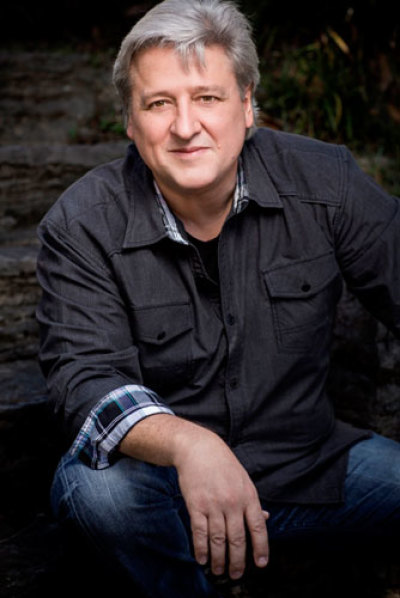5 Lessons From My Father That Prepared Me to Be a Caregiving Husband
Of the many things warranting my gratitude, few rise to the level of the deep appreciation I feel for my father—and the impact he continues to have on my life. As a caregiver for a wife with extreme disabilities, I recognize skills and behaviors I learned from a man who didn't journey down the road I travel, but nevertheless prepared me for it by modeling five specific behaviors.

1. See beyond the symptoms. I watched my father in his role as minister engage individuals, couples, and families in all types of drama and trauma. He paid attention to the non-verbal cues—and saw past the hysterical to speak directly to wounded hearts. As a caregiver for a woman in relentless pain, my wife's body does not always get to take priority over her hurting heart. The moan of the body often drowns out the cry of the heart, and it requires extra discernment in order to speak comfort to core hurts. Listening to that heart, however, requires a skill set not easily learned, but effectively modeled by my father.
2. Lead by serving. Even after working all day, my father would grab the vacuum cleaner, mop, or dishrag and help tidy things. He did not view the home as his castle, but rather a place to serve his family. Growing up with five siblings, we each had chores, but Dad led us all through his example. Although my wife has endured seventy-eight operations, I spend more time with laundry, cooking, and general housework than dealing with the medical community. Thanks to Dad, I learned to serve and to clean—long before becoming a caregiver.
3. Treat others equally. I watched Dad effortlessly interact with CEO's and janitors. He finds something in common with each individual he meets, and he affirms the dignity of each person. This lesson helped me better understand people. It also helped me engage with America's vast medical bureaucracy. During my three decades of caregiving, I've needed the help of not only the sixty (plus) doctors that have treated my wife, but also nurses, techs and custodial staff members of the twelve hospitals she's visited. Dad taught me the common language of human dignity that inspires, motivates, and elevates people from all walks of life.
4. Stay on Message. Whether due to his generation or his decades of ministry and military service, Dad seems to possess an amazing ability to stay on message. I often saw him push away distractions like shooing a fly in order to bore in on the point. He knows what he wants to say and accomplish, and he seems to navigate the quagmire of human drama with the deftness and focus of a tightrope walker. As a caregiver, I daily face an onslaught of medical, emotional, financial, and other issues. If I allowed myself to travel down every rabbit hole—I'd get nothing accomplished. Thanks to Dad, I've learned to better keep the main thing—the main thing.
5. Aggressively Love. My father passionately loves my mother, my siblings and myself, and all of our families. He is interested in each of us, and I remain amazed how one man can love so many. He deeply values his family, and demonstrates that value with astonishing service and sacrifice. As a caregiver, I've come to understand that love. Putting myself between a vulnerable loved one and disaster—every day, I appreciate the commitment to love in increasingly deeper ways. There is great joy in loving without expecting anything in return. I don't always practice it, but even Dad will tell you that "God's business is perfection. Our business is progress." My father exudes a joy in loving those who cannot currently match his love—and may never. Yet it still flows from him. Dad's love for others is a picture of God's inexhaustible and unearned love for us. There is no greater lesson for a caregiver than to love those who may not be able to reciprocate.
I've served as a caregiver for a long time—and have the opportunity to speak into the lives of many of my fellow caregivers. It remains deeply satisfying for me to know that, however small at times, a reflection of my father is imparted to each wounded heart I encounter—including the most special of all to me: the heart belonging to my wife.




























